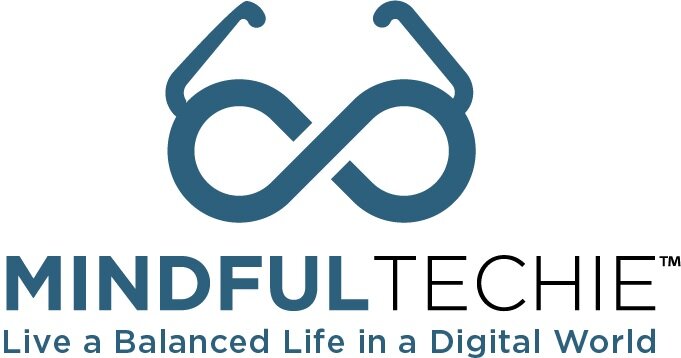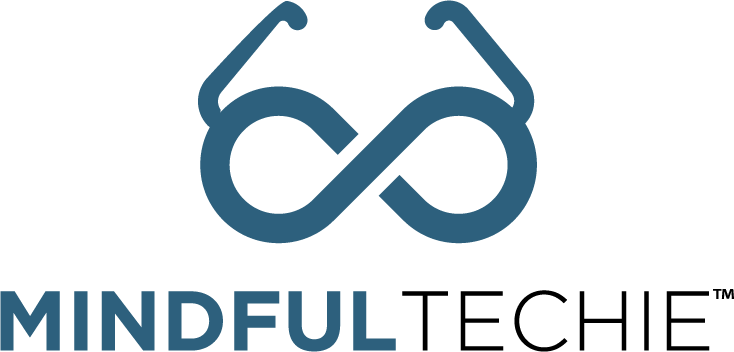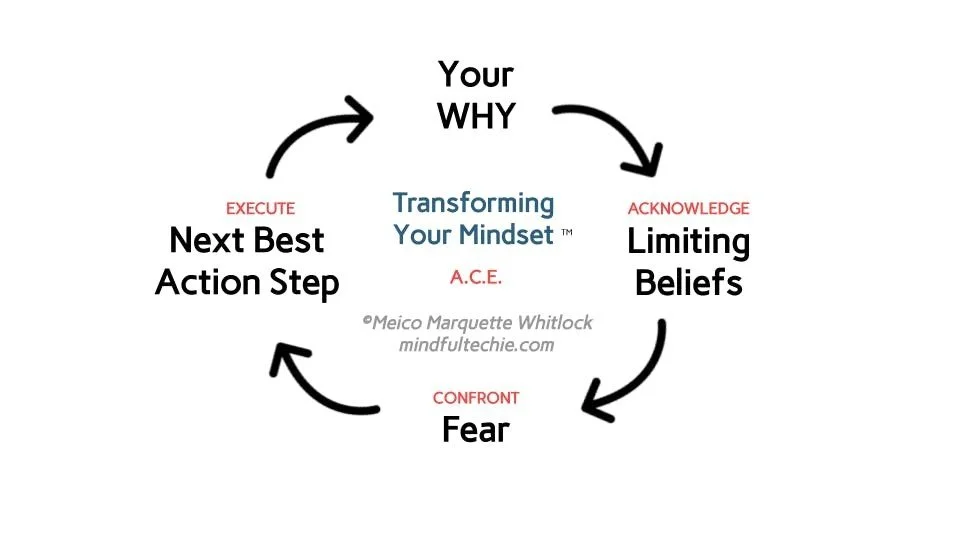A Recipe for Better Mental Health & Well-Being at Work
Hey Changemaker,
Quick question: On a scale of 1-10 (1=”I’m really struggling and need support right now” and 10=”Never been better”), how’s your well-being at work right now?
Seriously. Take a moment to pause and select a number.
Now, if you dig a little deeper into your current level of burnout, connection to your purpose, how well you set boundaries, quality of sleep, and asking for help, how would you rank yourself?
If your scores are on the lower end, you’re not alone. And you are not deficient for feeling persistently overwhelmed and overworked.
The good news is that there are things you can do to improve your overall well-being at work right now.
This means you must focus on the things you can control as an individual, even if you aren’t in a position of influence in your organization.
A Recipe for Better Mental Health & Well-Being at Work
Here's a reality check: On average, throughout our waking adult lives, we spend one-third of our time working. This percentage is much higher for mission-driven professionals like you. And it doesn’t include commuting to work, thinking about work, or worrying about work. Because of the huge role it plays in our lives, work has a large impact on our overall well-being.
The U.S. Office of the Surgeon General identifies five essential components of mental health and well-being at work that include: protection from harm, connection & community, work-life harmony, mattering at work, and opportunity for growth.
Organizations actively engaged in moving the needle in each of these areas see reduced health risks for employees, increased engagement, higher productivity, improved quality of life and happiness levels, greater impact, and lower turnover. When people are thriving at work, they are more likely they are to be healthy physically, mentally, and emotionally.
Creating a healthier workplace for yourself, employees, and grantees requires a long-term commitment to transforming burnout culture, where exhaustion is an accepted norm, to a culture that supports our whole health and fuels us to do good work sustainably for the long haul.
The Well-Being While Well-Doing C.H.A.N.G.E. Framework provides a pathway for holistically addressing the U.S. Surgeon General’s Five Essentials for Workplace Mental Health and Well‑Being at both the individual and organizational levels.
But the truth is we can’t wait for things to change at the organizational and societal levels first. We must examine our current spheres of impact and start there.
The good news is changemakers like you are resilient. This isn’t your first time facing massive change and disruption and coming out on top. You’re very familiar with instigating change from the bottom up.
If you’ve ever flown on an airplane, you’ve probably heard this safety instruction many times: “In the event of a sudden drop in pressure, an oxygen mask will drop from above. Secure your own mask first before assisting others.” For many of us, our quest for greater well-being while we save the world means starting with ourselves and then our immediate teams. The long-term impact is a sustained flow of ripples of positive change through your spheres of impact.
Otherwise, you burn out, and your impact is hampered, or you do more harm than good. This burnout usually results from trying to tackle outer spheres of impact first (e.g., being laser-focused on your organization’s or client’s needs at your own expense) without nourishing yourself first. As a result, you may often feel like you’re being crushed by the weight of the world.
Your Action Plan
If you’re serious about a more mindful and integrated approach to caring for yourself at work while serving at your highest level, you’ll need these three things:
(1) A mindful changemaker mindset
You can start cultivating a mindful changemaker mindset using the strategies from the Transform Your Mindset A.C.E. process I shared previously. The process is about acknowledging and confronting the inner roadblocks that often get in the way of us making lasting positive changes in our lives.
(2) A clear, executable action plan
You need more than just an idea or general interest. You need an executable plan. Having no plan or having a plan you can’t execute sets you up for failure. Here are a few questions to consider as you craft your individual changemaker well-being plan:
What’s my vision for what I want my well-being to look like in the next 90 days?
What are the two biggest challenges I’m facing with my well-being right now?
How will I know I’ve successfully addressed my two biggest challenges? How will I measure success?
(3) Accountability and support
We’re not meant to do this important work alone. Sustained long-term change requires us to be in a community of like-minded individuals where we can give and receive accountability and support with putting the Well-Being While Well-Doing C.H.A.N.G.E. Framework into action.
Keep in mind that this isn’t a linear or sequential process. The C.H.A.N.G.E. commitments represent different aspects of our overall well-being that we want to embody while doing good work in the world. You can think of them like the dashboard of a car, which has gauges for different functions, but all of them are important for optimal performance. So, in this analogy, you are the car, and each letter in C.H.A.N.G.E. is a gauge representing a different aspect of your well-being.
If you want support and accountability in creating a mindful changemaker mindset and executing your well-being plan, join us for the next Virtual Wellness Retreat for Changemaker, September 29-30. Learn more and sign up at mindfultechie.com/retreat.
This program may be eligible for reimbursement through your organization’s professional development program or HR department. Reach out to your HR contact or manager for additional details. Download this one-pager for additional information.
This is a special retreat edition where we will explore how to set yourself up for success for the last 90 days of the year. It’s an opportunity to build on what you’ve already accomplished and intentionally plan for a productive end of the year by focusing on the things within your control.
As author Sarah Ban Breathnach reminds us: “The world needs dreamers and the world needs doers. But above all, the world needs dreamers who do.”
Are you ready for support in taking your well-being and contribution at work to the next level?
Learn more and join us at the next retreat here: mindfultechie.com/retreat.
Hope to see you there!
Meico








